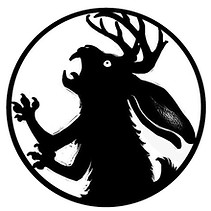Cape Town came as such a relief to us after the cold of Patagonia. We were thrilled to be somewhere warm, where everyone spoke English, and where there was an abundance of activities. But South Africa has a complicated history and it didn’t take long to realize that this history impacted everything and everyone in the region.
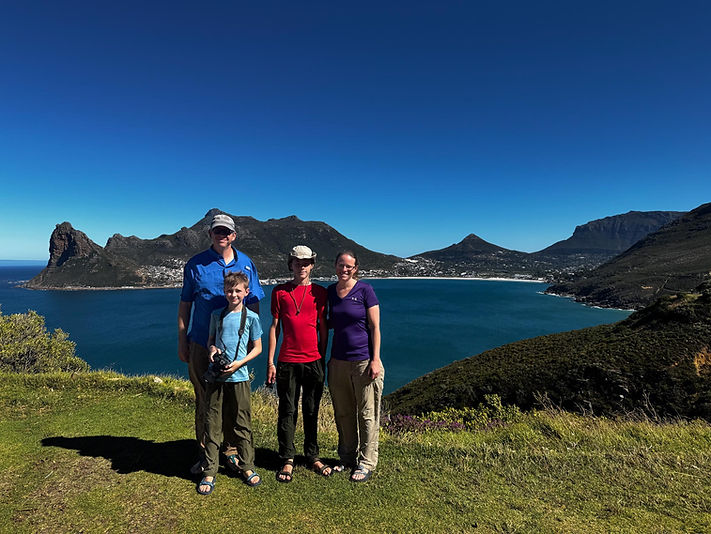
Known as the Cradle of Humankind, South Africa has been inhabited by humans for more than 100,000 years. When the Dutch East India Company colonized the area in the mid-1600’s, it was occupied by the Khoisan and Bantu peoples. As has happened in so many other parts of the globe, land theft, labor shortages, and the introduction of firearms turned into decades of slavery and war between various European and indigenous societies. Eventually power was consolidated into the hands of the Europeans and apartheid was invented to maintain control.
Under apartheid, people were arbitrarily classified as White, Black, Colored, and Indian – sometimes without any concern for actual racial heritage or family connections. All non-White people were then removed from their homes and businesses and placed in townships. We were able to visit Langa, the oldest township in Cape Town, which originally resembled a prison. Working men were confined to a fenced area, sleeping in concrete barracks and only allowed outside to execute specific work permits. Although work passes were limited and tightly controlled, men were nevertheless expected to provide their own food, clothing, and necessities.
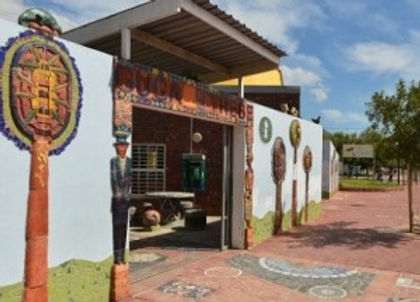
Today, Langa boasts a thriving community center where artists teach marketable craft skills to others and musicians work with local students. There is a section of small but lovely homes with paved roads and peaceful gardens. But the schools are dilapidated with limited resources. There are areas where full families are surviving in a single-room corrugated iron shack. When fire broke out, the government provided subdivided shipping containers as temporary shelter that has now become permanent. One resident we met was desperate to leave the township so her son would be safe from the endemic violence, but was unable to do so despite education, the ability to speak 4 languages, and a professional job. In contrast, another so valued the community connections that he would never choose to leave the township even if he could afford to do so. It’s a mix of struggle and success, hardship and hope, and a place where people do their best to care for their neighbors despite limited resources.
Among a host of other atrocities, the apartheid system limited Blacks to positions as servants and laborers, and the school system only prepared children far enough to be useful in these roles. Blacks were unable to vote, participate in politics, or defend themselves in court. Consequences for resistance included death and disappearance, even for children. One of our most poingent memories is a trip to Robben Island where political prisoners, including Nelson Mandela, were kept under harsh, sometimes fatal, conditions. Our tour guide had been imprisoned there himself as a young man, and did not hesitate to convey the horror of those years. Today, Robben Island stands as a monument to those who continued to fight for freedom against terrible odds, yet emerged from their ordeal seeking peace and justice for a new South Africa.
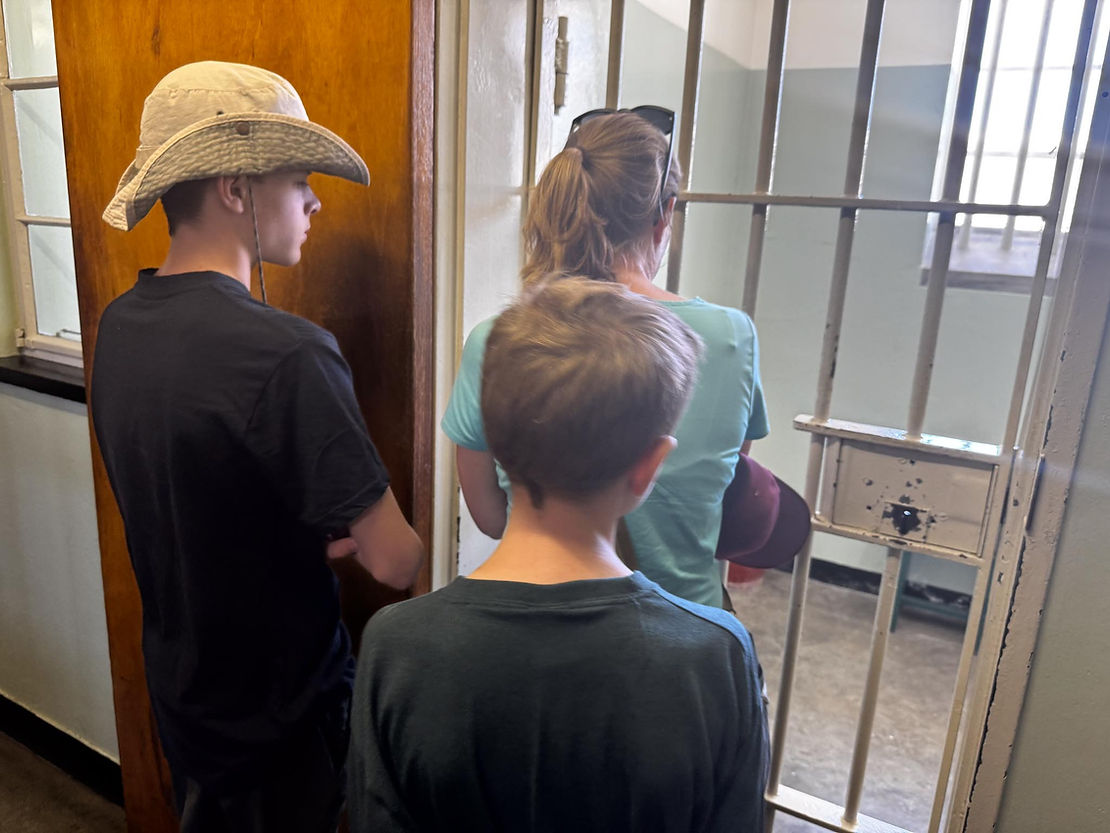
Since apartheid continued until a mere 30 years ago, the lingering effects are still evident throughout Cape Town. Although we enjoyed world-renowned gardens, wineries, and wildlife, we could also see the persistent racial divide. White locals live in large gated communities surrounded by razor wire, dining in restaurants and shopping in high-end stores. Black people for the most part work as gardeners, waiters, and cashiers while buying second-hand clothes at open-air markets and living in townships where crime runs rampant.
Yet South Africa still draws hopeful people from all over the continent, because the opportunities here are better than in their home countries. We met a man who had survived the Rwandan genocide, only to risk robbery and murder as an Uber driver in Cape Town. We met many others from Malawi, Zimbabwe, Angola, Namibia, Mozambique and the Congo – all trying to make a better life for themselves. Schools are improving and there are initiatives to support businesses that invest in black managers and employees. Despite this, and because there were minimal consequences for the perpetrators of apartheid, they still hold the majority of the wealth and power today. Only time will tell if the country can support and enrich their own people, working towards equality among all.
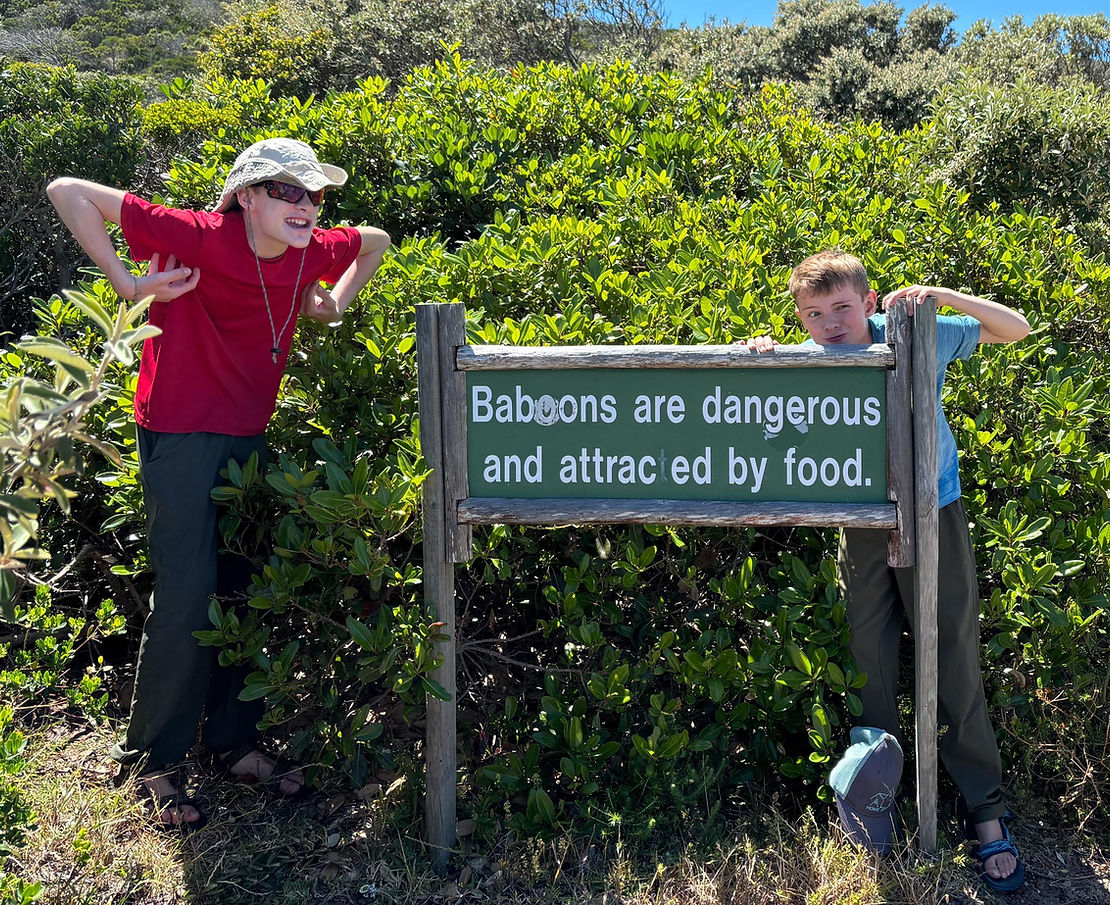
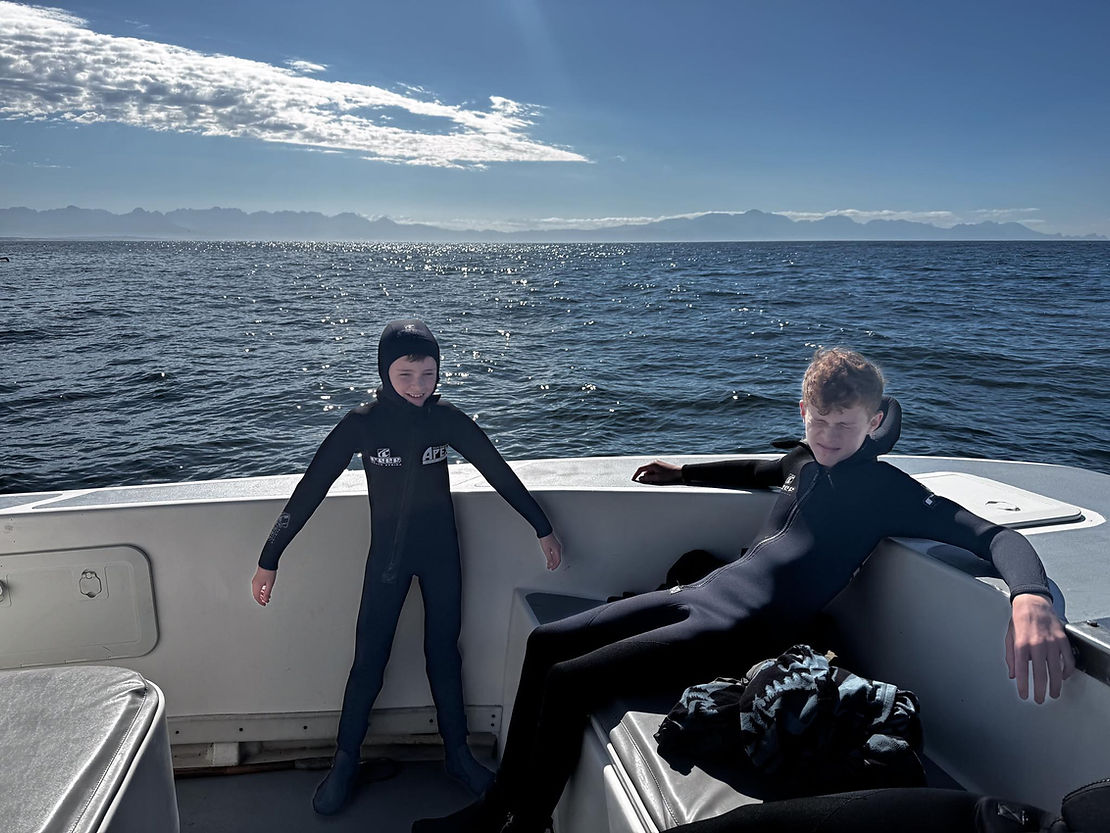
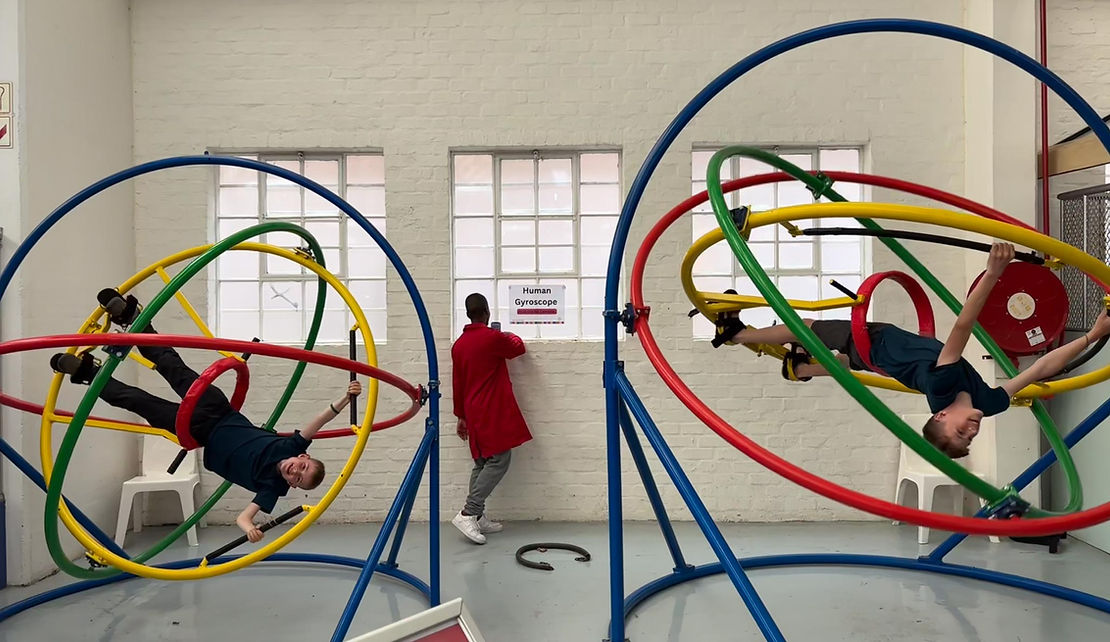
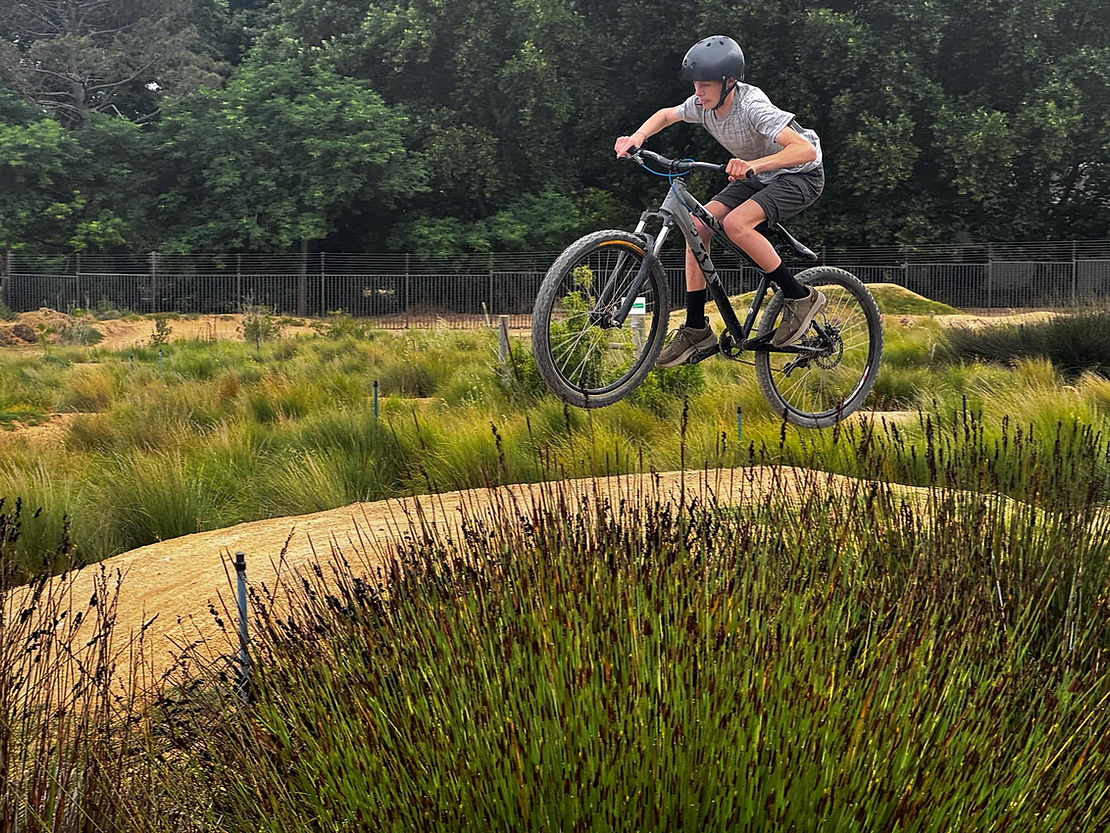
Crazy cloud patterns at Table Mountain – one of the New Natural World Wonders.
Notable Quotables from Cape Town:
Carol: Neil, always rember that blood is thicker than meat juice…wait…I think I might have mixed that up
Pastor during church service: I think I may have seen the electric truck hooking us back up to the grid. Let us pray to God that they don’t steal the wire again. (Mass had been without electricity as thieves had stolen the copper wire overnight).

